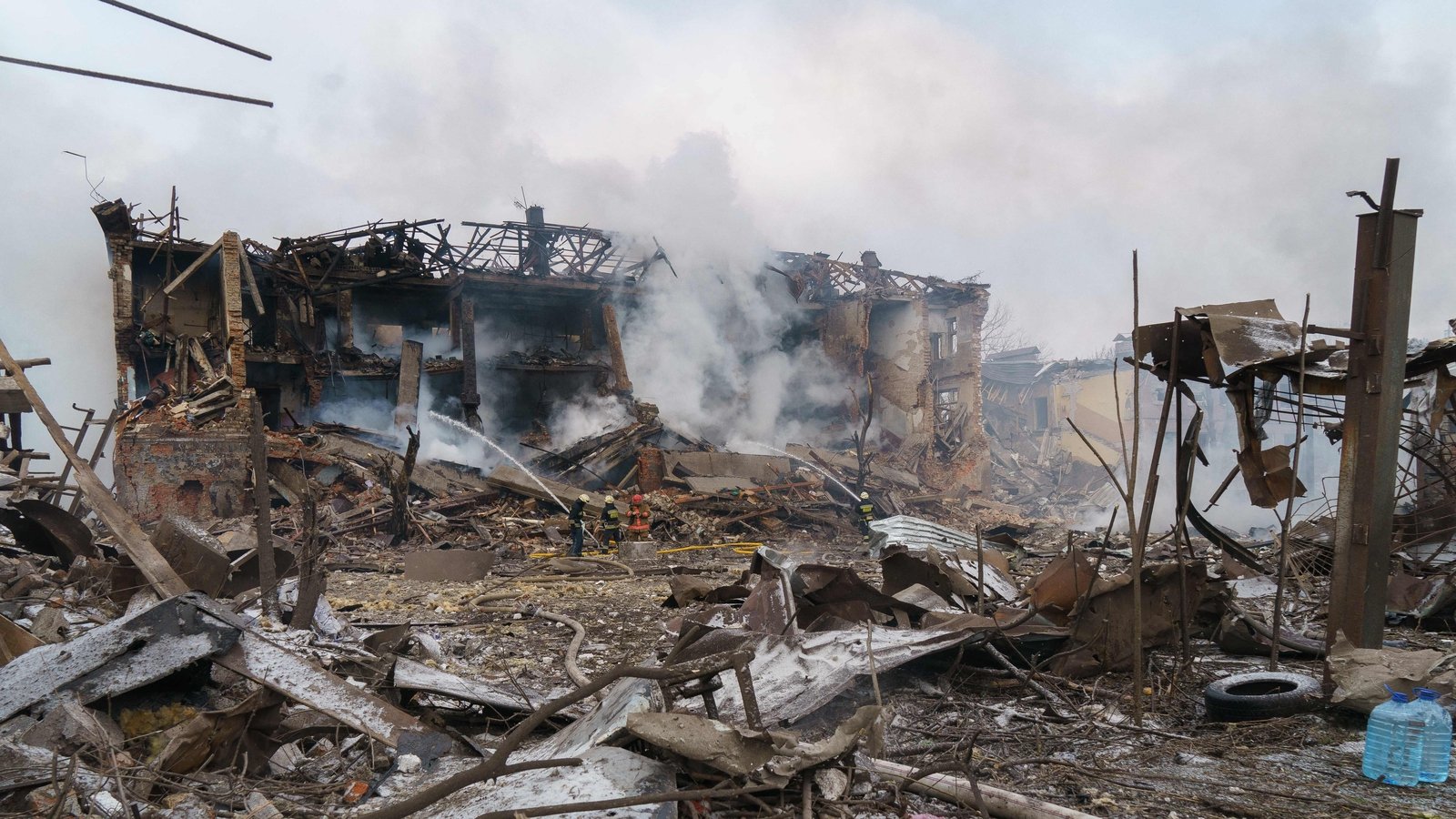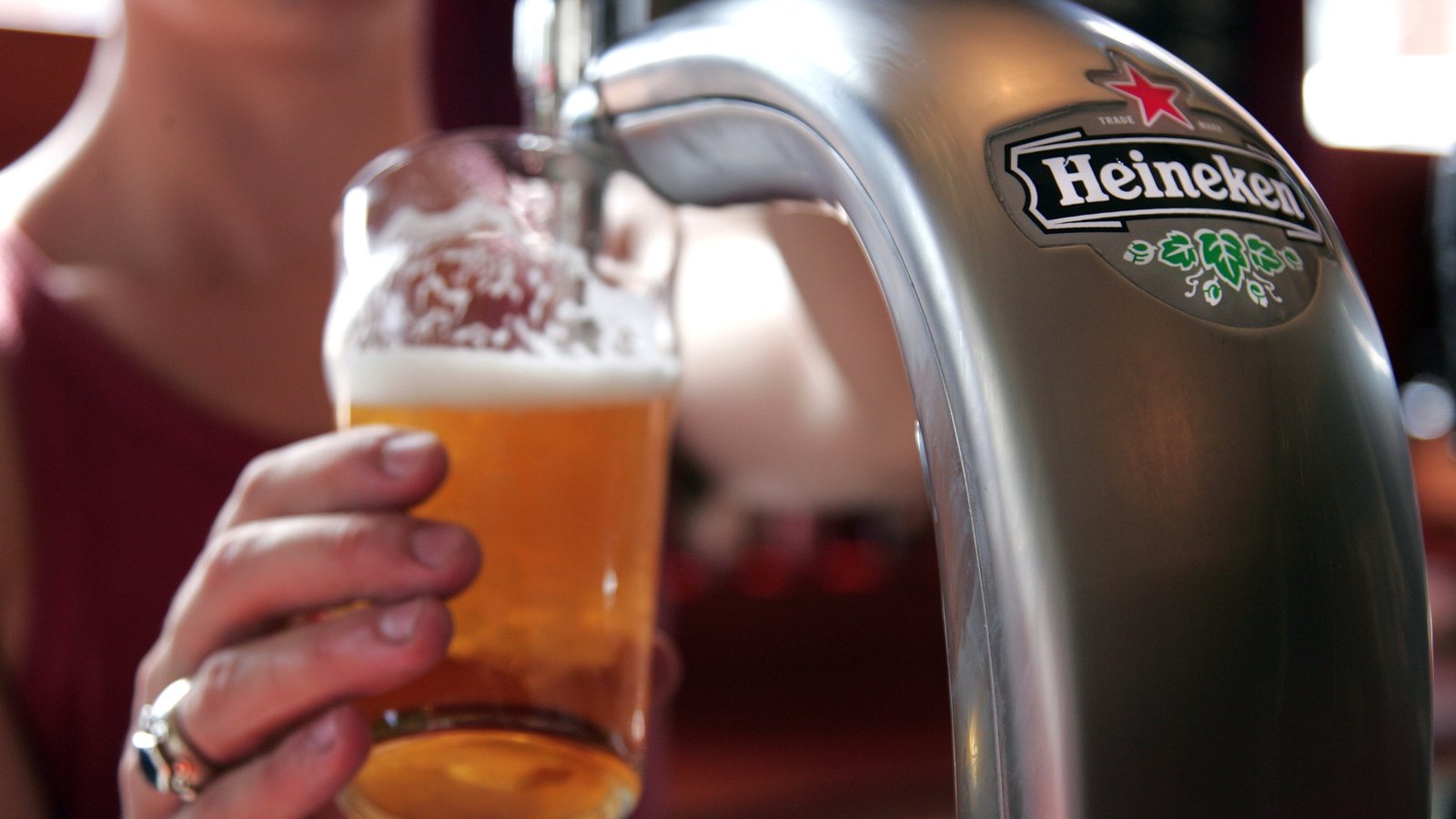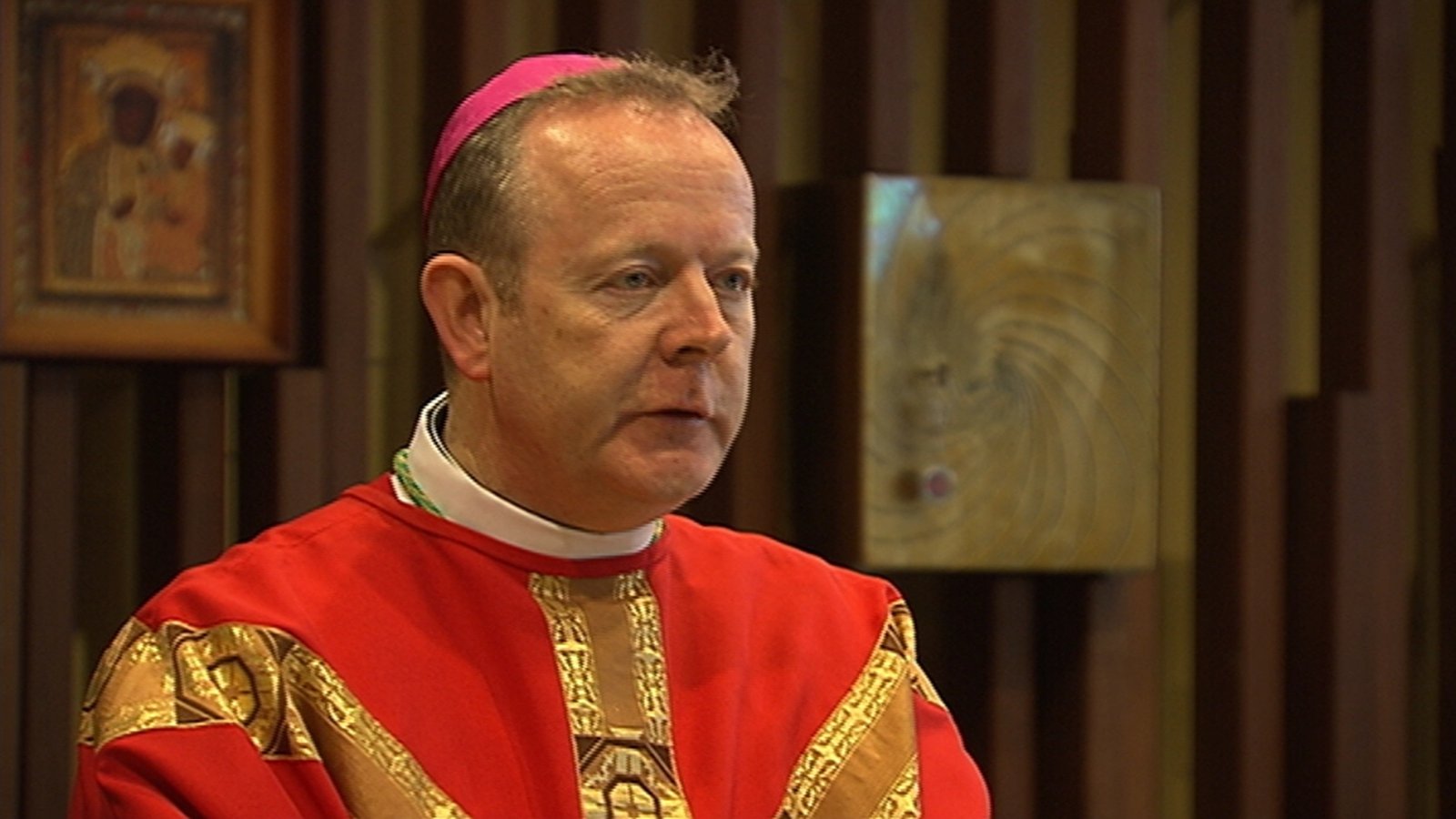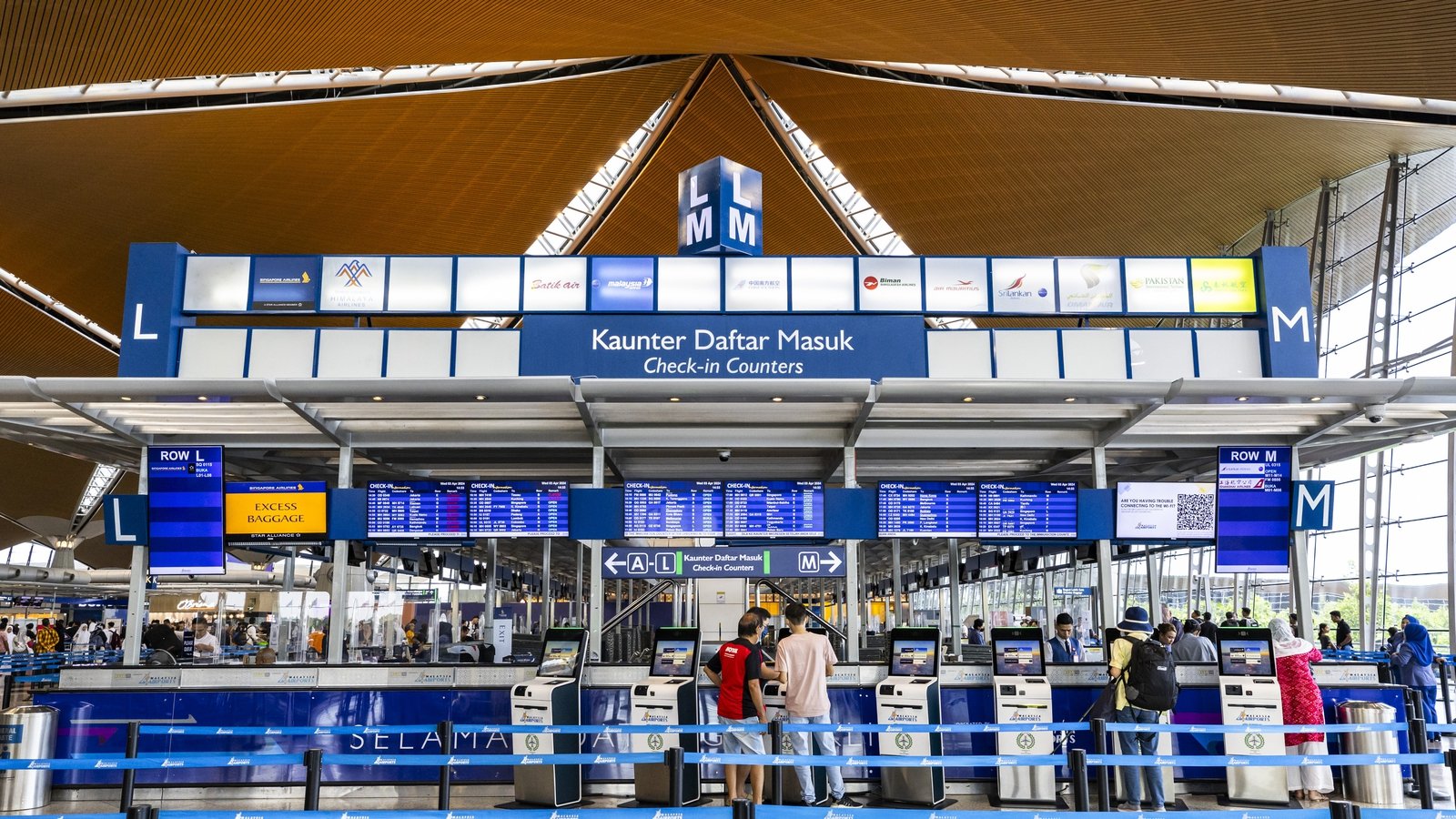What’s at stake and how the Parliament works
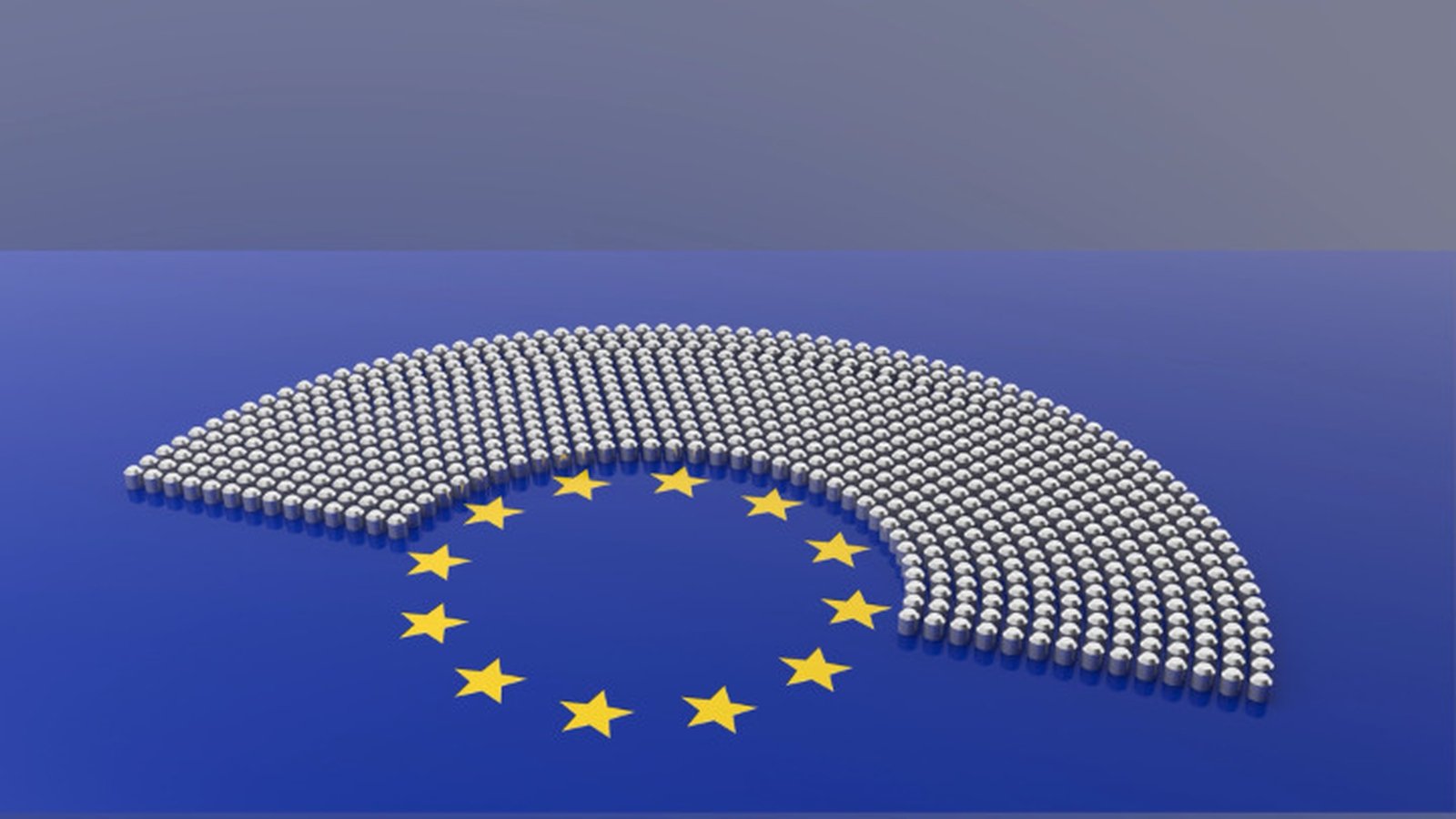
The tenth European Parliament elections, taking place between 6-9 June across 27 member states, are shaping up to be the most hard-fought and momentous yet.
A Eurobarometer poll in April showed that 60% of voters were “very or somewhat interested in the election”, up from 49% in 2019, while 81% of those polled in February and March said the wars in Ukraine and the Middle East made voting even more important.
Irish candidates are fighting for more seats (14), while the parliament as a whole will grow from 705 to 720 MEPs.
The election takes place against unprecedented geo-political turbulence. The European Union has been coping with a series of “poly-crises” since 2008 – the financial crash, the euro crisis, Greece, terrorism, migration, Brexit, the Covid-19 pandemic and the Russian invasion of Ukraine.
These crises have forced the EU to take on more responsibilities, and that’s likely to continue in the defence sphere. This week’s Eurobarometer showed that 77% of Europeans favour a common defence and security policy, while 71% believe the EU needs to reinforce its capacity to produce military equipment.
Yet, a surge in support for populist or far-right parties, who instinctively want powers taken away from Brussels, is expected in June.
The EU’s gambit to reduce carbon emissions to net zero by 2050 – the signature European Green Deal – may appeal to younger voters, but it’s prompted a backlash from farmers who say that it places too high and too sudden a burden on agriculture.
The cost-of-living and energy crises have further alarmed voters. Migration into the EU is not quite as high as during the 2015-16 crisis, but it is not far off it. For voters who feel anxiety about public services and spending power, the far-right appear poised to exploit a sense that mainstream governments are not delivering.
“There’s a sense on the doorsteps that things are a little bit out of control, and that shows that Irish concerns are moving towards the rest of Europe,” says one outgoing Irish MEP.
Yet, April’s Eurobarometer showed that fighting poverty and social exclusion, improving public health and supporting job creation, were the main concerns ahead of the elections. Migration and agriculture were lower down the list of priorities.
Nonetheless, the polls suggest a significant shift to the right.
A Europe Elects poll in April suggested the far-right Identity and Democracy (ID) group and the populist right European Conservatives and Reformists (ECR) would between them win an extra 35 seats, giving them a combined strength of 170 MEPs.
While the centre-right European People’s Party (EPP) would return roughly the same number of MEPs, the centre-left Socialist and Democrats (S&D), the liberal Renew group and the Greens are all expected to suffer (shedding an estimated 62 seats).
What difference would this make?
Since the Lisbon Treaty, MEPs have more powers. In most EU policy areas, the European Parliament adopts legislation with member states on an equal footing.
Traditionally the “stabilising centre” of the EPP, S&D and Renew provides the majority which ensures that Parliament facilitates, rather than blocks, EU policies.
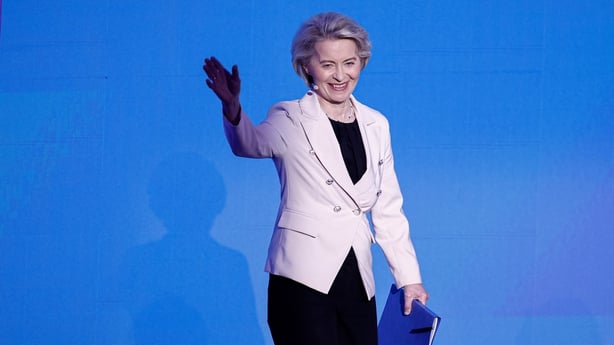
If the expected shift to the right pans out, that bloc will be smaller.
This will have unpredictable consequences, not just for legislation but also for high profile decisions the Parliament has to make, such as the approval of Ursula von der Leyen as Commission president for a second term.
Von der Leyen, who is the lead candidate for the EPP, needs a qualified majority vote to confirm her recommendation by EU leaders (which is what’s expected). Last time around, she made it by just nine votes. This time it will be harder.
According to a former senior Parliament official, she will look to the Greens, but they have voted against the commission president-designate on the last four occasions.
“If they don’t support the commission president for the fifth time in a row, can they legitimately expect to be the centre of legislative decision making?” asks the official.
If the Greens do support Von der Leyen, they will name their price: the full implementation of the Green Deal, and its proper funding, despite the opposition of Europe’s farmers.
However, the surge on the right could ironically also destabilise right-wing political groups (MEPs do not sit in national blocs but in political ones, across the right-left spectrum).
Further to the right of the EPP, where Fine Gael sits, there is the far-right ID group and the ECR.
The ID is generally seen by the mainstream groups as beyond the pale. Since most members are anti-EU (it was the home of Nigel Farage and UKIP) and quite a few are pro-Russian, they are not awarded posts at committee level, while centrist groups are under orders to vote against any of their amendments.
However, the ID has been rocked by internal divisions. On Thursday the group was forced to expel the German AfD party following a series of scandals, including alleged links to Russia and China, and culminating in the party’s lead candidate Maximilian Krah telling an Italian newspaper that Nazi SS members were “not necessarily criminals”.
The expulsion was spearheaded by Marine Le Pen, leader of the French Rassemblement National (formerly the Front National), who has been trying to make her party more palatable to mainstream voters ahead of the next French presidential election.
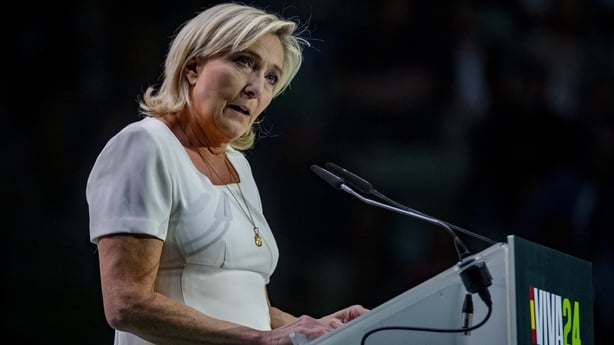
The conniptions within the ID group will have a knock-on effect on the party next along on the spectrum, the ECR.
The Italian prime minister Giorgia Meloni has ten MEPs from her Brothers of Italy party in the group, but a poll by the European Council on Foreign Relations (ECFR) suggests she could increase that to 27, making it the biggest delegation.
Meloni could be tempted to invite Le Pen into the ECR. There are already suggestions the pro-Putin Hungarian prime minister Viktor Orban might shift his estimated 16 Fidesz MEPs, currently non-attached, into the ECR as well (Meloni, Le Pen, Orban and others all joined a recent right-wing gathering in Madrid).
Such a move would fundamentally change the nature of the ECR. Meloni, praised for her strongly pro-Ukraine stance since becoming Italy’s first hard right prime minister in recent times, will have to decide if she is happier towards the centre-right of European politics or towards the far-right.
It also poses a problem for Von der Leyen, who has hinted that she would accept the support of ECR MEPs to confirm her second term, so long as they are “pro-Ukraine, pro-Europe and pro-rule-of-law”.
An alleged creeping normalisation of the populist right has alarmed some observers.
“In Brussels, a certain populism has now become acceptable if it is pro-Ukrainian and adept at economic liberalism,” writes Nicole Gnesotto for the Delors Institute.
“It doesn’t matter if these populist leaders pursue policies at home that are openly hostile to the fundamental freedoms and principles defended by the EU (gender equality, religion, welcoming migrants, etc).”
The rise in far-right politics is also affecting the liberal centre.
In the Netherlands, the far-right, anti-Islam firebrand Geert Wilders recently won a general election and his PVV party has just formed the blueprint of a coalition.
The problem is, it contains the VVD party, currently led by the outgoing prime minister Mark Rutte, and which also sits alongside Fianna Fáil in the Renew Europe Group in Brussels.
Renew is under pressure to explain how it can accommodate a party which aligns itself with Wilders (the group will hold a special meeting on the topic, but only after the election).
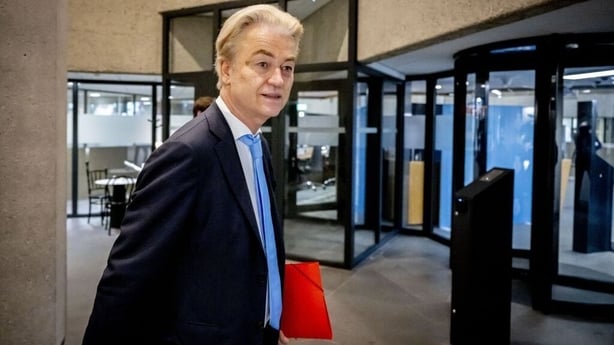
The Renew Group had a similar issue with Karin Karlsbro, an MEP who is from the governing coalition in Sweden, after it entered a governing pact with the far-right Sweden Democrats.
A Renew MEP said the VVD issue will be decided on once the Wilders-led coalition publishes its programme for government.
A big increase in far-right MEPs will have another impact. It will force the centre-right and centre-left to cooperate even more, and on the next phase of the European Green Deal that is not going to be straightforward.
A further risk is that far-right MEPs will use their presence on committees to frustrate EU legislation, and to grandstand while doing so.
One Irish MEP spoke of one ID legislator who would only “make TikTok videos, saying how Brussels was attacking her home country. Then she saw some Christmas display in Strasburg with rainbow colors and said that Europe was trying to promote an LGBTQ+ Christmas”.
Indeed, the Parliament’s 20 committees are key to understanding how the chamber works, and how individual MEPs can make a difference.
Each committee has a chair, but also a co-ordinator for each of the seven political groups (so on the transport committee, for example, there will be coordinators from the centre-right, centre-left, Greens and so on, who know about transport).
When the European Commission publishes a draft proposal, both the member states and the European Parliament come up with their version of how the legislation should look like.
In Parliament, the relevant committee will appoint a rapporteur (or expert) who will steer the legislation, inviting hundreds of amendments. All the other groups, meanwhile, will have appointed a shadow rapporteur on that file.
Rapporteurships are appointed on a points-based system (the bigger the political group, the more points they have to spend).
They are valued positions, but it’s a huge workload. The rapporteur has to forge a compromise, negotiating with shadow rapporteurs, industry, civil society, the European Commission and national ministers before arriving at a position the Parliament can support.
Green MEP Ciaran Cuffe, who was rapporteur on the Energy Performance of Buildings Directive, described resistance across the board, from the German EPP, who warned the directive would ban gas boilers, to the Italian far-right who claimed the EU wanted to take away people’s homes.
“When I was talking to EPP I said, look, this will create green jobs,” says Cuffe.
“When I was talking to the shadow rapporteur from Portugal [in the Left Group], I said, we can get commitments on ensuring tenants aren’t evicted. So, I got wording on protecting tenants and also ensuring that renovation wouldn’t lead to evictions in Berlin.”
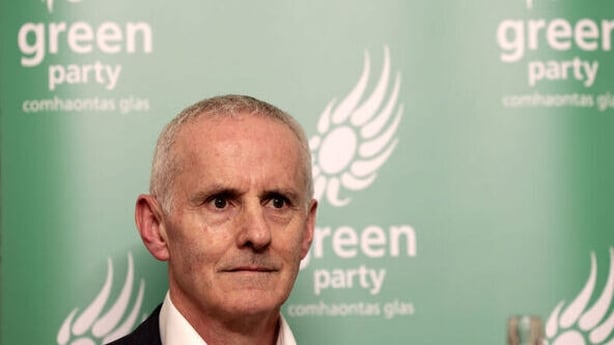
At the end of the process Parliament takes the agreed position into a final round of negotiations with the member states and Commission (what’s known as a trilogue) before the legislation can finally be adopted and become law.
Francis Fitzgerald, the outgoing Fine Gael MEP, was on the Women’s Rights and Gender Equality Committee and co-rapporteur for the directive on preventing gender-based and domestic violence.
“We had to work through the detail, putting in the amendments, building up a relationship with the shadow rapporteurs, making sure you get the support,” she says. “If you’re a good politician, and you’re a good networker. you will shape directives, no question.”
There’s no whipping system, and it is not uncommon for MEPs to vote against the position their group has adopted.
During the controversial Nature Restoration Law, the EPP hierarchy opposed the directive, but Fine Gael MEPs voted for it (after it was watered down), much to the annoyance of some of their German colleagues.
The bigger the political group, the greater the presence their MEPs have on committees, the more rapporteurships they get (based on the d’Hondt System), and the more they can influence the outcome of EU laws.
But getting to be chair or vice-chair of a committee takes graft and longevity.
“Getting a second and third term gives you authority, gets you positions, files,” says Fianna Fáil MEP Barry Andrews. “You can become a coordinator, a vice-chairman of the committee, all of those things.
“Someone like [German MEP] Bernd Lange – he’s been on the trade committee for two to three terms.
“Mairead McGuinness [Ireland’s outgoing EU Commissioner] was in for three terms and would have become President of the European Parliament. Pat Cox [former Parliament president] did three terms. You have to hang around, it’s just the way it is.”
The Parliament can co-legislate, but unlike national parliaments MEPs cannot initiate legislation (although committees can ask the Commission to do so).
The chamber can also pass resolutions and opinions, and in the sphere of foreign policy and human rights these can (arguably) be high profile and influential.
The parliament can showcase concerns or wishlists, and even if they are not binding on member states, the European Commission can take note of them and make proposals accordingly.
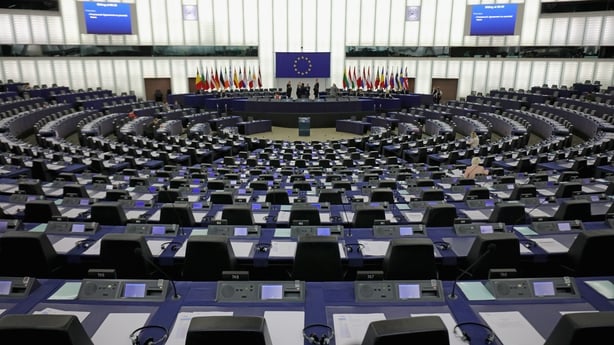
Klaus Welle, the former Secretary General of the Parliament, describes it as an activist sphere that national MPs don’t enjoy.
“This is a kind of activist parliament,” he told RTÉ News.
“If you’re active, if you work hard, if you get into the technical side of dossiers, you’re the owner of that legislation. You will never be in a national parliament because there it’s the ministries who draft the legislation, and the government who call the shots.”
MEPs can also make a mark if they get speaking time during plenary or committee sessions (speaking time is divided among the political groups depending on their size. The “catch-the-eye” procedure allows MEPs who have not been allocated time by a group the chance to have their say via short, one-minute speeches.
In the days after the elections, the political groups will meet in Brussels with their new cohorts and start the process of distributing chairs, vice-chairs and co-ordinators.
Sinn Féin has been coy on whether it will return to the Left group, where Chris McManus sits, or whether it might look elsewhere (the Left currently has 37 MEPs, including Luke ‘Ming’ Flanagan, Clare Daly and Mick Wallace, and as a smaller group is less likely to get rapporteurships).
Ahead of a speech in Brussels last June, Mary Lou McDonald told RTÉ News: “The first job for Sinn Féin … is to get a bigger and stronger mandate. After that, we will, as we have always done, assess this situation. It’s a question of positioning ourselves in the best possible way to advance positive politics, progressive politics, and also Irish interests.”
A senior party figure more recently said: “Let’s see what the lie of the land is in terms of what numbers each of the groups come back with.”
Sinn Féin argues that during the Brexit negotiations its position in the Left group meant it could deliver those votes when they were needed, but with the party hoping to be in government within a year, and where it might want to start building bridges on the Irish unity question at EU level, then it may well want to be in a more influential group.
Given the projected loss in seats for the centre-left S&D group, they might well be happy to have them.

